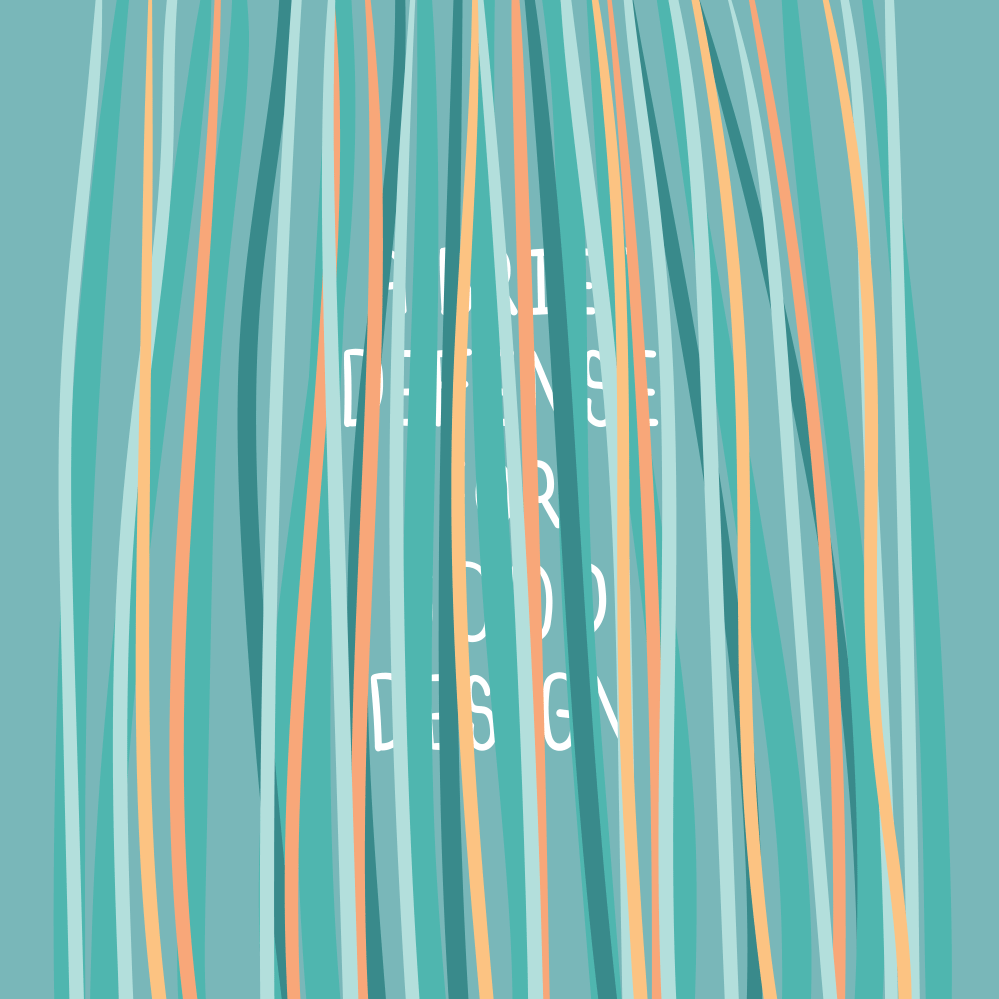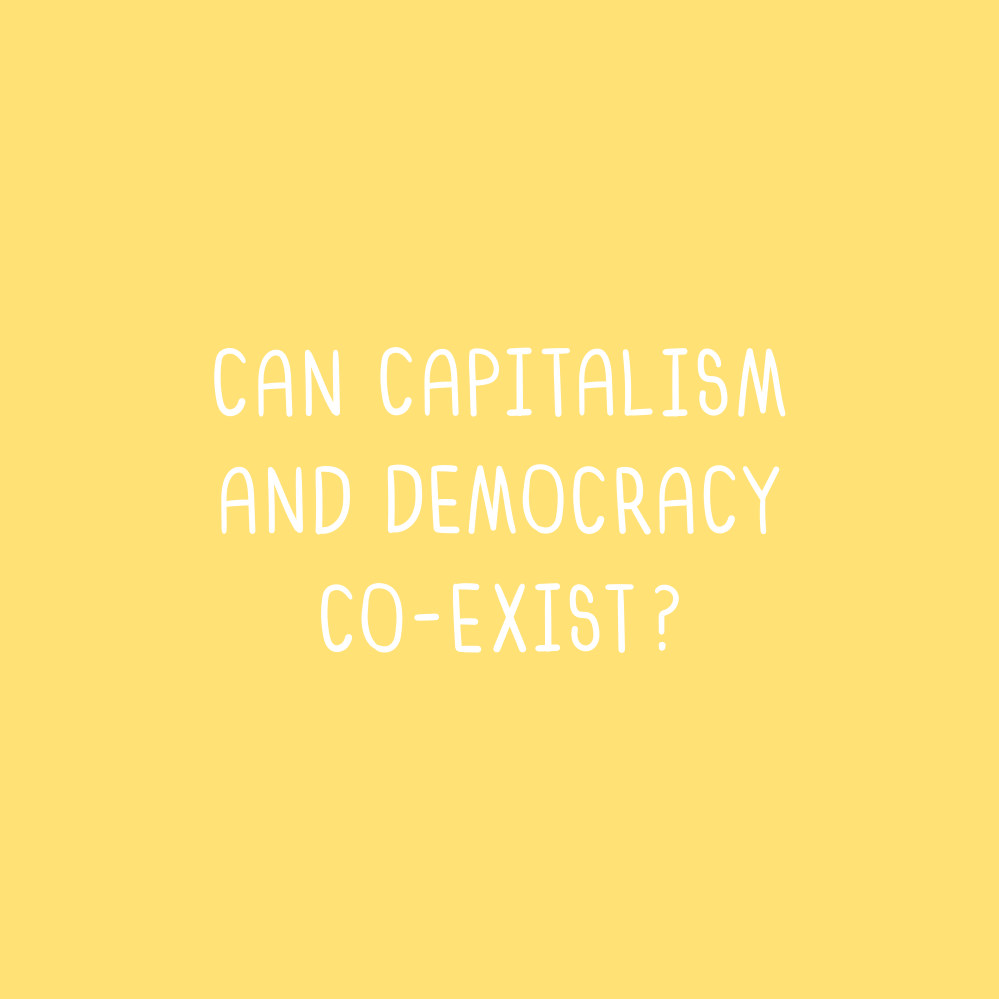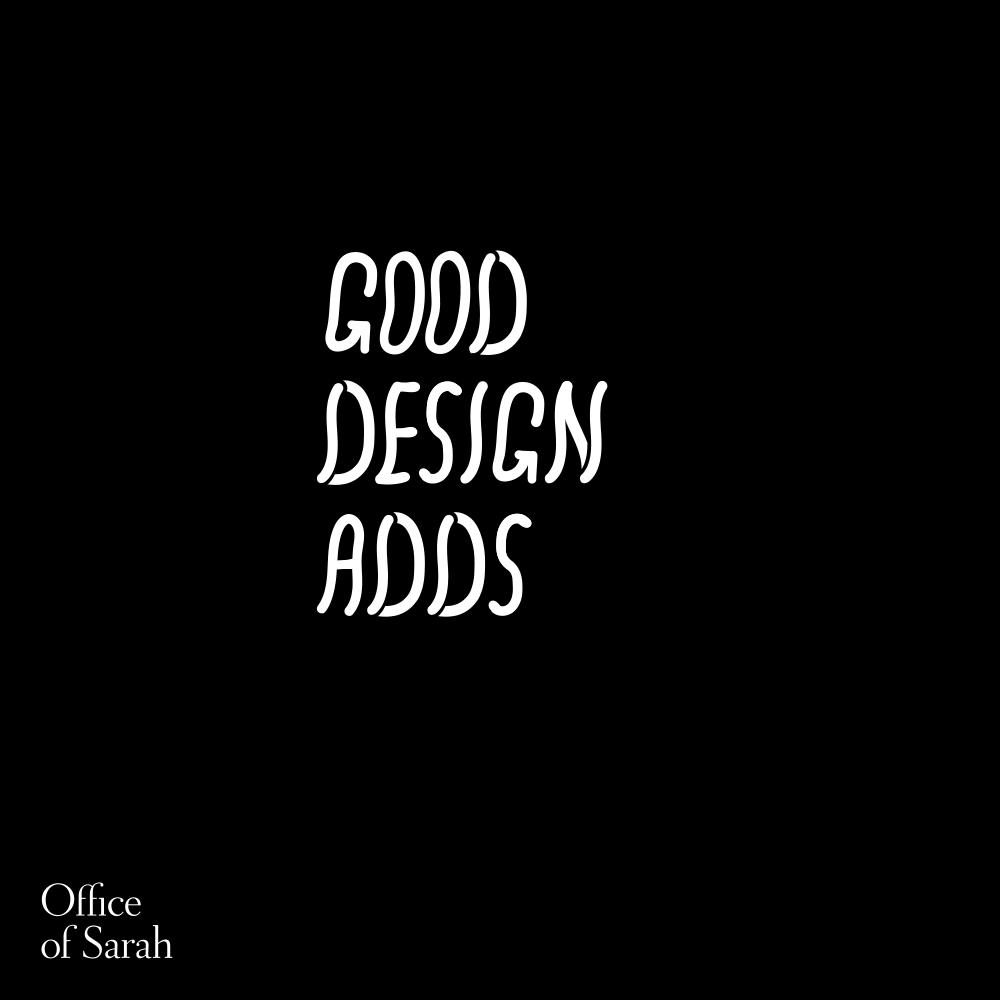A brief defense for (good) design.
This is an update of a post I wrote back in 2016. Still relevant and still worth a read if you’ve ever wondered “why hire a designer?”
If you’re a designer, then you are familiar with clients (or your friends/family/person sitting next to you at the coffee shop) asking you to defend the importance of design. If you’re a client, you’ve probably asked this question yourself! The following are some of the reasons why design is so darn important. Yes, especially for your project. In summary, the four points of the defence are:
What is design?
If it’s worth doing, it’s worth doing well.
Humans make decisions in less than 1 second.
Respect.
Now, let’s get into some details.
First, a caveat: like anything, for design to be worthwhile it needs to be “good” design. I don’t want to go into too much detail here, except to say that good design is important the way good ingredients are important for cooking, and good engineering is important for building a house. Uneducated, sloppy design (just like uneducated, sloppy engineering) won’t get you very far.
1. What is Design?
I think one of the first and biggest problems about getting folks on-board with Why Design is Important is getting them to understand what design IS.
Merriam-Webster offers a great definition – simply put, design is “to plan and make (something) for a specific use or purpose”. In other words, design (even visual design) is NOT just how something looks: it’s how it functions. And, once you know the purpose of a design piece you can judge if it is, in fact, “good” or “bad”. The right question to ask is not “Is it pretty?” but rather “Is it serving it’s specific use or purpose well?” Speaking of which…
2. If it’s worth doing, it’s worth doing well.
I’ve heard clients say, “Oh, it’s not that important, we just need a (brochure/logo/report/website) designed.” Wait — it’s not that important? So this project doesn’t have an important message to get out to your target audience, it doesn’t affect your bottom line in any way? Then why are we even talking about it, and why on earth would you pay a designer to work on it??
If it’s worth doing, it’s worth doing well. Because if it’s important, then you need that room/logo/ad/website to actually create a response, communicate a message, and serve a purpose. In which case you should put some serious resources towards making that happen. The design decisions— size, colour, messaging, hierarchy, imagery, placement, medium — will be really important factors towards hitting your goals. Everything counts. But hey, if it’s not important, why are we wasting our time? Grab a cocktail, take a nap, save your energy (and resources) for when a project that matters hits your desk.
3. Humans make decisions in less than 1 second.
Good design is important because humans process and make (largely unconscious) decisions about the things we see fast. Like, I’m talking really fast. For example, as Patrick Lynch* discusses in his excellent article Visual Decision Making, research shows that we “make aesthetic decisions about the overall visual impression of webpages in as little as 50 milliseconds”.
This doesn’t just apply to websites: first impressions are made in the blink of an eye. In fact, pretty much everything we see is assigned with a lightning-fast unconscious like/dislike or positive/negative label (Making Decisions at the Speed of Sight).
Obviously, with this sort of fast decision making, we’re not weighing out a rational pro/con list and reading all the small print. Sophie Lebrecht (cognitive neuroscientist and author of the aforementioned article “Making Decisions at the Speed of Sight”) states: “The way we see images and objects influences the choices that we make throughout life, from what car to buy, to what video to click on.” Another neuroscientist, Daniel Salzman, puts it plainly: “If you think about our own decision making, we might fool ourselves into thinking we’re perfectly rational beings, but of course that is far from the case. Clearly emotional factors affect how we make decisions all the time. ” (Source) Touché, Daniel.
“Our brains appear wired in ways that enable us, often unconsciously, to make the best decisions possible with the information we’re given. In simplest terms, the process is organized like a court trial. Sights, sounds, and other sensory evidence are entered and registered in sensory circuits in the brain.” – Decision-Making / Source: Society for Neuroscience
We’re making rapid-fire, irrational decisions, often at an unconscious level, all the time. Every design piece that goes out into the world not only needs to catch the viewer’s eye, but evoke an immediate positive reaction, and then be pleasurable/engaging enough for the viewer to actually absorb the message or read the content, and THEN, stick in their brain long enough that they might take action (click, visit, buy, do). If THAT’s not a defence for the importance of Visual Design, I don’t know what is. But in case you need one last reason:
4. Respect
Your audience is both intelligent and has a finite amount of hours to spend on this earth (if you don’t believe that your audience is intelligent, just pretend that I’m talking specifically about you, and you’ll understand that every human tends to think this about themselves and, true or not, want to be treated thus). If you’re going to take up their visual space and precious time, at least have the decency and respect to do it in an amusing, visually appealing and worthwhile manner. Heck, your time is finite: why not spend your time creating great stuff? Or drinking cocktails and taking naps, really – it’s a win/win.
*In fact, his entire article is intelligent and offers a much more in-depth discussion on these topics and I highly recommend it if you’re looking for a longer read. Other great articles to read include: In Defense of Eye Candy and Good Design is Good Business
Pssst – If you’re curious on learning more about the value of design I suggest reading my post on The Value of Good Design.







